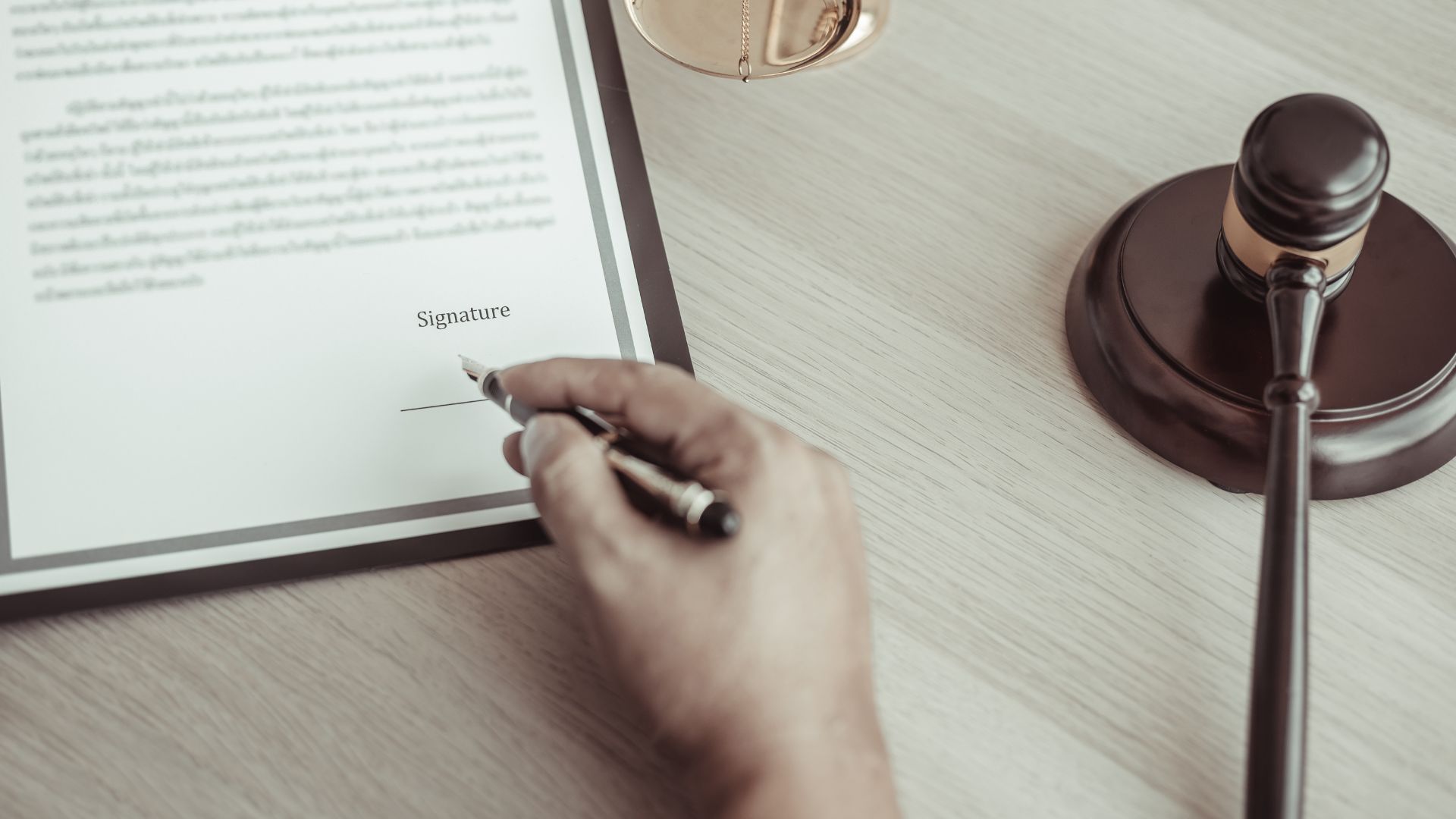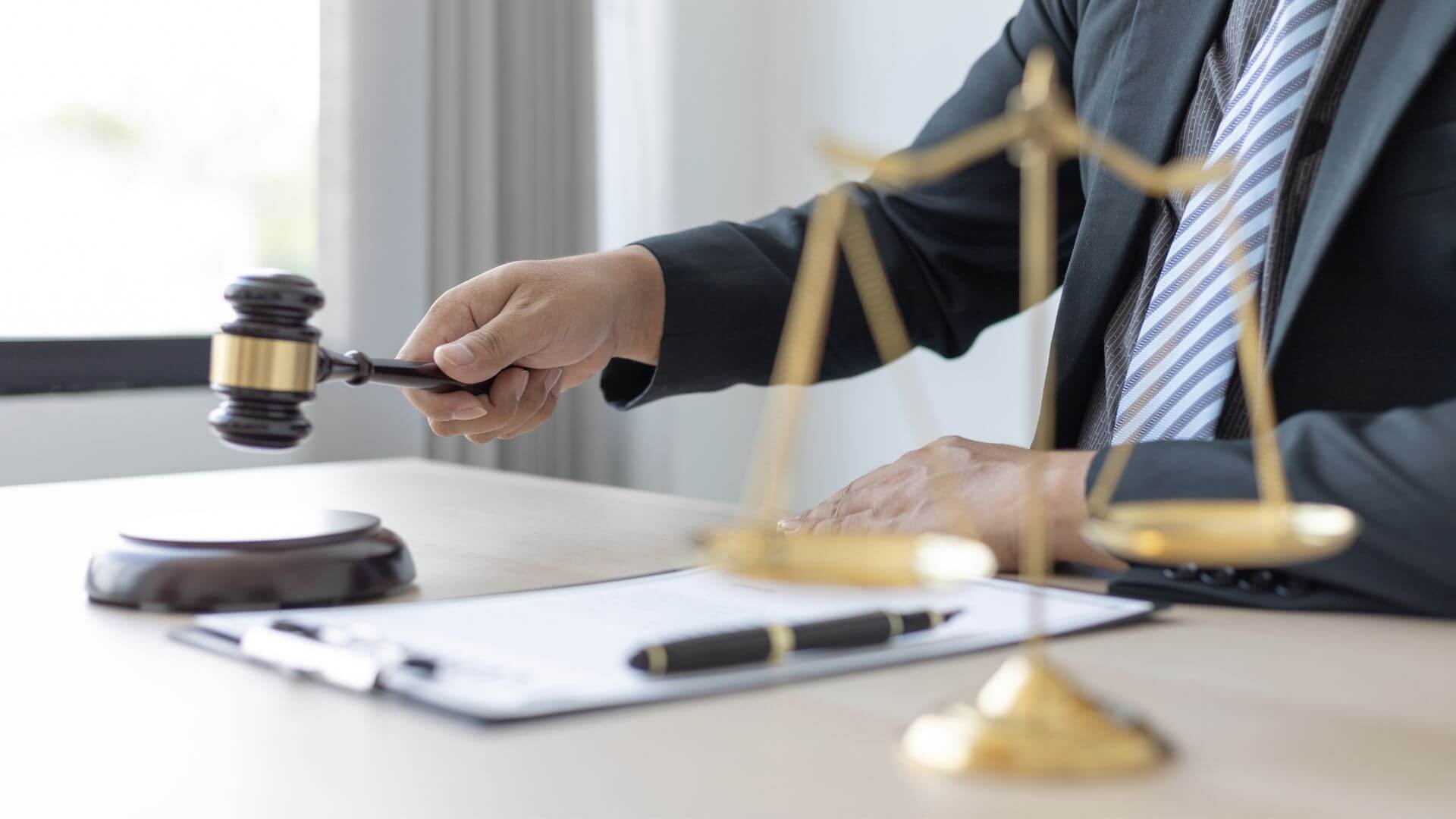
A judgment attorney applies targeted legal tools to locate assets, enforce payment, and secure the debt recovery you deserve.
Winning a judgment doesn’t always guarantee payment. Many businesses assume that once they’ve secured a court ruling, the debtor will comply but the reality is often the opposite. Debtors delay, hide assets, or move funds, and over time, judgments can lapse or become “dormant,” making them harder to enforce.
This is where a judgment collection lawyer becomes essential. By navigating state-specific renewal laws, filing timely motions, and initiating post-judgment actions, an experienced attorney can revive dormant judgments and restore your ability to collect what your business is legally owed.
A judgment becomes dormant when it isn’t enforced within a certain time frame typically between 5 and 10 years, depending on the state. Once dormant, you can’t use enforcement tools such as garnishment, liens, or levies until the judgment is legally revived.
However, dormancy doesn’t mean the debt is erased. You may still have the right to renew or revive the judgment and reinstate your enforcement rights.
Example:
In California, a money judgment is valid for 10 years but can be renewed for another decade if action is taken before it expires. Other states have shorter or longer timelines, underscoring the need for professional legal guidance.
Even organized businesses can lose track of enforcement deadlines, especially when dealing with evasive debtors or complex financial disputes. Common causes include:
Once a judgment becomes dormant, reactivating it requires a formal court process a step best handled by a judgment enforcement attorney familiar with procedural laws in your state.
Each jurisdiction has specific mechanisms for reviving or renewing judgments. Below are the most common legal approaches used to restore enforceability:
A motion to renew or extend a judgment is the most common method. The attorney files a motion before the expiration date, requesting the court to renew the judgment for another term, typically 5–10 years.
If granted, the renewed judgment holds the same legal force as the original, allowing continued enforcement through wage garnishments, bank levies, or property liens.
In some states (such as Texas and Pennsylvania), lawyers use a scire facias petition a formal request asking the court to “show cause” why the judgment shouldn’t be revived. The debtor is notified and allowed to contest.
Once approved, your business regains full enforcement rights over the debt.
If the original judgment has fully expired, some states permit a new lawsuit based on the prior judgment.
A judgment lawyer attaches certified copies of the original ruling as proof of debt. If the court grants the new judgment, your business can restart collection efforts with a fresh enforceable order.
Judgment liens, which secure debts against real property, often expire sooner than the underlying judgment. Your attorney can file a renewal affidavit or continuation statement to keep liens valid, ensuring the debtor can’t sell or refinance property without settling what’s owed.
Reviving a judgment is only half the battle; collecting it requires knowing where the debtor’s assets are.
A judgment attorney can conduct targeted investigations, such as:
This ensures that once your judgment is renewed, enforcement can begin immediately.
Once the court revives your judgment, your attorney can pursue full enforcement, including:
An experienced judgment collection lawyer ensures all enforcement actions meet procedural standards, avoiding costly mistakes or delays.
Reviving judgments can be complex and time-sensitive, so prevention is key.
To avoid future lapses:
We provide ongoing monitoring and enforcement services for businesses and funders, ensuring that judgments remain active, enforceable, and collectible for as long as the law allows.
A dormant judgment doesn’t have to mean a lost opportunity. But once time runs out, recovery becomes far more difficult, sometimes impossible.
By consulting a knowledgeable judgment enforcement lawyer, you can identify the best legal path to renewal, protect your rights, and maximize your recovery efforts.
If your judgment is approaching expiration or has already gone dormant, contact us today to discuss your options for revival and enforcement.
It varies by state, generally 5 to 10 years. Your attorney can confirm the exact deadline and file renewal documents on time.
If the statute of limitations hasn’t fully expired, your attorney can often file a motion to revive it. Once revived, it regains the same legal strength as the original.
Technically, you can file pro se, but the process is procedural and time-sensitive. A lawyer ensures accuracy and compliance with court rules.
4. Will interest continue after a judgment is revived?
Yes, post-judgment interest typically accrues during dormancy unless state law says otherwise, often increasing the total recovery.
We represent businesses, creditors, and funders in enforcing judgments, filing renewals, tracing assets, and executing court orders nationwide.

A judgment attorney applies targeted legal tools to locate assets, enforce payment, and secure the debt recovery you deserve.

This guide provides a practical overview of how judgment creditors can enforce a court-ordered judgment, explaining the legal tools available, the crucial role of a marshal, and the step-by-step process for collecting the money owed.

Discover the key legal tools and strategies a debt collections attorney uses to turn court judgments into actual payments for creditors.

This guide explores essential strategies and legal procedures for effectively enforcing judgments and collecting debts when debtors or their assets are located in a different state.
.jpg)
Struggling with unpaid invoices? Discover how a collections attorney gives your business the legal power to recover what you're owed, fast and effectively.
%20(1).jpg)
MCA agreements are structured differently from loans, they fall outside many traditional lending laws. However, this distinction must be carefully maintained to avoid legal challenges.
%20(1).jpg)
A skilled judgment attorney is crucial for business creditors like MCA funders to recover owed funds by employing aggressive, business-focused legal strategies to pursue evasive debtors and uncover hidden assets.
%20(1).jpg)
When a business defaults on a merchant cash advance, recovery can feel impossible especially when assets are hidden behind layered entities.

This post explores the risks and legal restrictions business owners face when trying to collect a judgment without the help of a lawyer.

Learn when a breach of contract justifies calling a collections lawyer to recover unpaid business debts quickly and legally.

When MCA merchants default, a skilled judgment attorney helps funders turn court rulings into real recoveries using legal tools that go far beyond standard collection efforts.

Struggling with unpaid debts from service providers in New Jersey? Learn how a collections attorney can help property owners recover what they’re owed with these 5 essential tips.

Winning a judgment doesn’t guarantee payment—learn how a judgment collection attorney can help you recover what you’re owed using legal enforcement strategies.

High-risk merchants can jeopardize even the most promising Merchant Cash Advance deals, making early risk detection essential.

Collections attorneys surpass agencies for MCA funders, using legal authority and tailored strategies to maximize recovery. David I. Mizrahi Law P.C. ensures compliance and superior results.

A collections attorney uses legal tools like UCC liens and litigation to recover funds efficiently for merchant cash advance funders facing defaults.

A collections attorney leverages UCC liens to help funders recover funds efficiently when merchants default on merchant cash advance agreements.

In US English, "judgment" without an "e" is the only correct spelling, crucial for judgment attorneys to maintain professionalism in legal documents.

Judgment enforcement made simple: How a judgment attorney can help your merchant cash advance company collect on judgments fast.

Discover how merchant cash advance (MCA) funders can protect their investments from usury claims in New York by crafting contracts that legally distinguish them as purchases, not loans.

This post outlines legal tactics like bank levies that David I. Mizrahi Law, P.C. uses to help MCA funders recover funds in NYC.

Learn why merchants default on MCAs, spot warning signs, and discover prevention and recovery strategies from David I. Mizrahi Law, P.C. in Manhattan.

This post shares expert tips from David I. Mizrahi Law, P.C. for MCA funders to craft enforceable contracts that protect advances and ensure recovery in NYC’s tough market.

This post guides MCA funders on enforcing New York judgments, covering asset discovery and legal recovery tools with insights from David I. Mizrahi, Esq., in Manhattan.